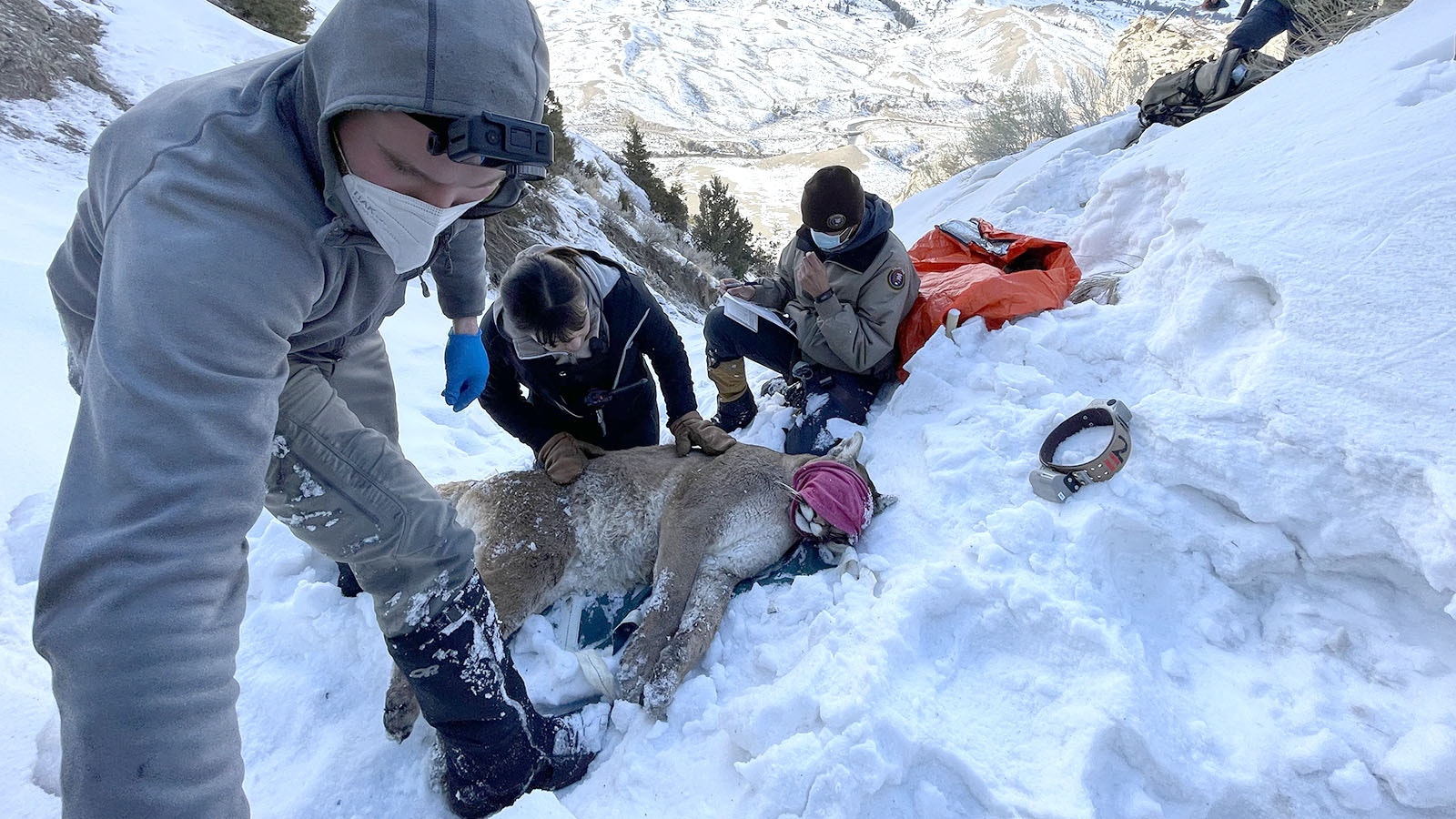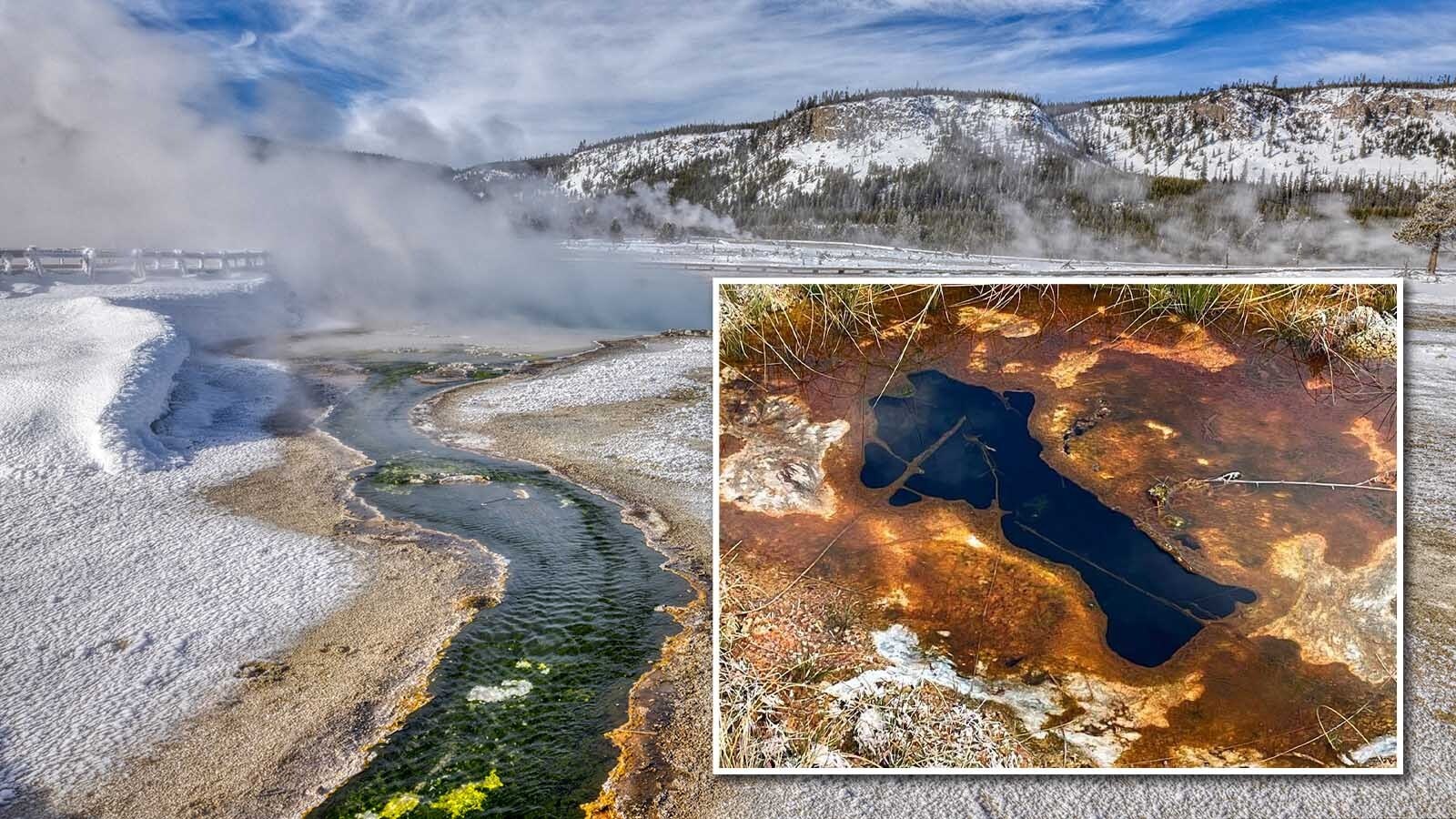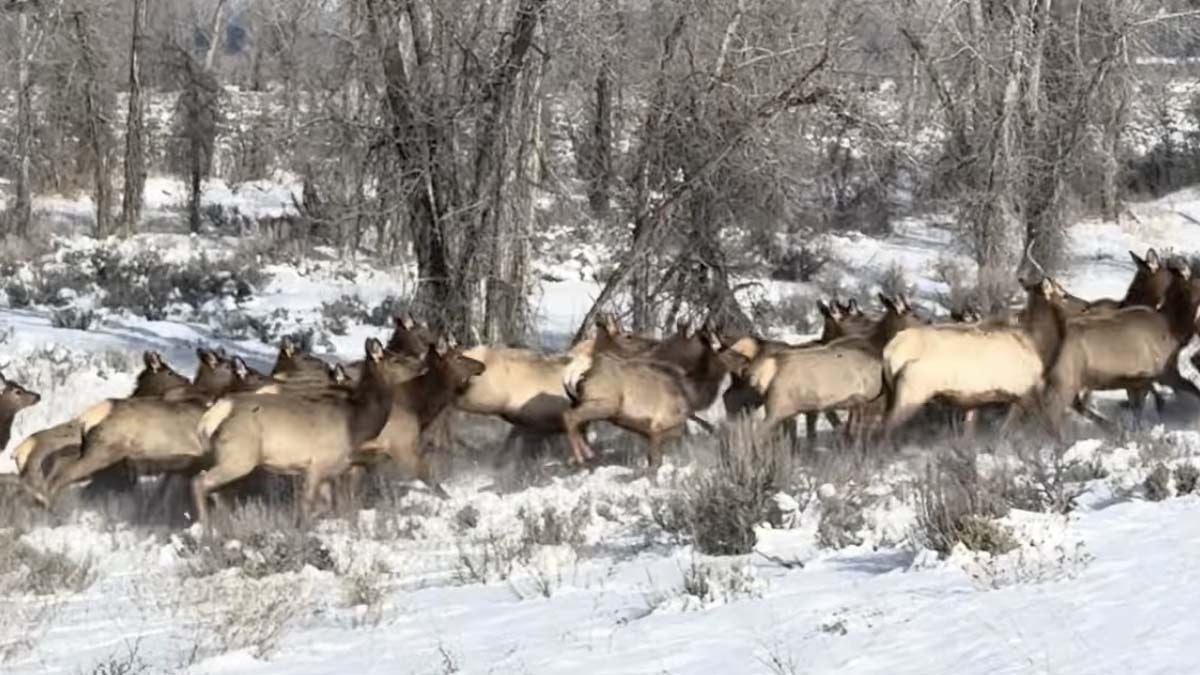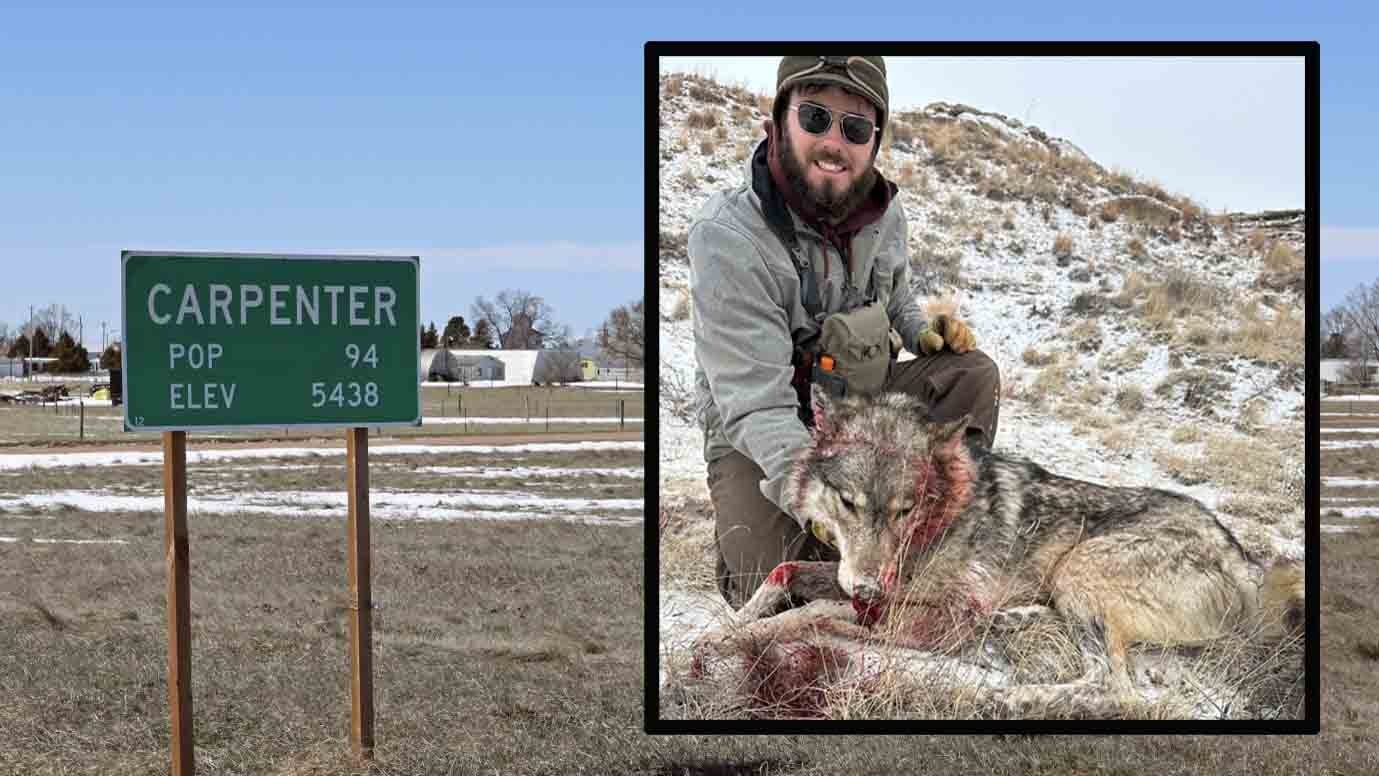The Wyoming landowner hunting tag program has strayed far from its original intent, some argue, creating scenarios like a gigantic Wyoming ranch snagging 57 tags when each property is supposed to get only two.
The massive Pathfinder Ranch that spans across parts of Natrona, Carbon, Sweetwater and Fremont counties once managed to snag 57 landowner hunting tags, Wyoming Game and Fish Commission member Rusty Bell told legislators Friday.
It was done by dividing ownership into “sub-corporations” for the purposes of applying for the tags, Bell told the Wyoming Legislature’s Joint Agriculture, State and Public Lands and Water Resources Committee.
The Pathfinder Ranch was recently put up for sale with a listing price of $79.5 million.
Commission Is Done, Now It’s Legislature’s Turn
Some argue the practice of parsing property ownership to about only 1% per person, and then allowing each “owner” to put in for a landowner tag amounts to an unethical abuse of the Wyoming Game and Fish Department’s landowner hunting tag program.
It’s been suggested that a majority ownership, such as 20% or more, should be a requirement to qualify for the tags.
But others have pointed that in many of Wyoming’s multigeneration family ranches, the percentage of ownership shrinks as land is passed down from one generation to the next.
So a percentage of ownership requirement would exclude Wyoming family farmers and ranchers — the very people the landowner tag was intended to reward when it was launched in 1949.
That’s just one facet of the complex and thorny matter of landowner tags.
The Game and Fish Commission recently rejected proposed changes to the landowner tag program that would have increased the number of acres and animal use days to qualify.
Those matters fell under the commission’s jurisdiction.
The next burning questions regarding landowner tags would require changes in state statute, which means they’re landing in the Wyoming Legislature’s lap.
Those include whether the number of tags available in any given hunt area should be capped and whether tag-holders should be able to transfer — or sell — them to people outside their immediate families.
The committee took no action on the matter. The Legislative Services Office (LSO) was directed to draft two bills. One would deal with possible tag caps. The other would deal with whether tags could be sold.
What Are Landowner Tags?
The landowner tag program was launched to show appreciation for property owners who provide habitat for wildlife.
The program allows qualifying property owners to apply for two hunting tags for each of certain huntable species. Those species include elk, deer, antelope and wild turkeys.
To qualify for tags, one needs to own at least 160 contiguous acres in a draw-only hunt area for each species being applied for, according to Game and Fish regulations.
If general hunting tags, which may be bought over-the-counter, are valid in that area, the property owner can’t apply for landowner tags.
The land must also provide food, cover and water for the species being applied for. And it must provide at least 2,000 days of use each year for the species the landowner is applying for.
What that means, for instance, is if 10 deer occupy the land for at least 200 days a year, that counts as 2,000 days of use.
Or likewise, if 500 elk are on that land for four days a year, that would also count as 2,000 days.
Tags can be gifted to immediate family or stepfamily members, but may not be sold under current regulations.
Would Selling Tags Be Monetizing Wildlife?
Many hunters have voiced strong opposition to putting landowner hunting tags up for sale. They argue that would amount to monetizing wildlife — turning hunting into a sport for the wealthy.
Also, hunters claim it would run counter to the ethics of the North American model of wildlife management, under which wildlife is regarded as a public trust for all people and not the property of a wealthy few.
Others argue that landowners in other Western states are allowed to sell their tags, and it hasn’t ruined hunting ethics in those states. Moreover, it would allow struggling farms and ranches an additional source of income.
Wyoming Game and Fish Director Angi Bruce told the committee that putting a cap on landowner tags might assuage some of the concerns raised over selling them.
“Currently, without the cap, the fear is that more landowners would apply because of the ability to sell. So, with that cap, you could control that,” Bruce said.
Committee member Rep. Tomi Strock R-Douglas, said generating extra income from selling landowner tags could make a huge difference for some family-run agricultural operations, and hunters should appreciate that.
“If we don’t have ranches, I’m sorry. I don’t know where they think they’re going to hunt if there’s not these farms and ranches to go hunt,” she said.
Committee member Sen. Laura Pearson R-Kemmerer said capping the number of tags could create resentment among landowners.
Owners of a farm might say, “We were offered millions of dollars to put a solar farm on our farm. And we chose not to. Why? Because of the wildlife. Because of the habitat. Because we want Wyoming to stay Wyoming. So we could say, same thing. You want to cap us? Why don’t we just turn our farm into a solar farm?,” she said.
According to Game and Fish, there have been some instances where all of the tags for a species in a certain hunt area have gone to landowners, leaving none for other hunters to apply for. But such instances are rare.
How Much Of An Overhaul Is Needed?
Nephi Cole, spokesman for the National Shooting Sports Foundation, told the committee that the landowner tag program might have strayed so far from its original purpose.
“We’re asking this (Game and Fish) commission, and we’re asking this director, to drive a broken car. We’re asking them to drive a system that doesn’t really work,” he said.
Pearson said there are lingering problems with parcels being marketed and sold essentially as private hunting spots because they qualify for landowner tags and tags being split between small percentages of ownership.
“And I feel that if we don’t get to some point where we’re able to mitigate these problems, this is just going to continue,” she said.
Mark Heinz can be reached at mark@cowboystatedaily.com.





